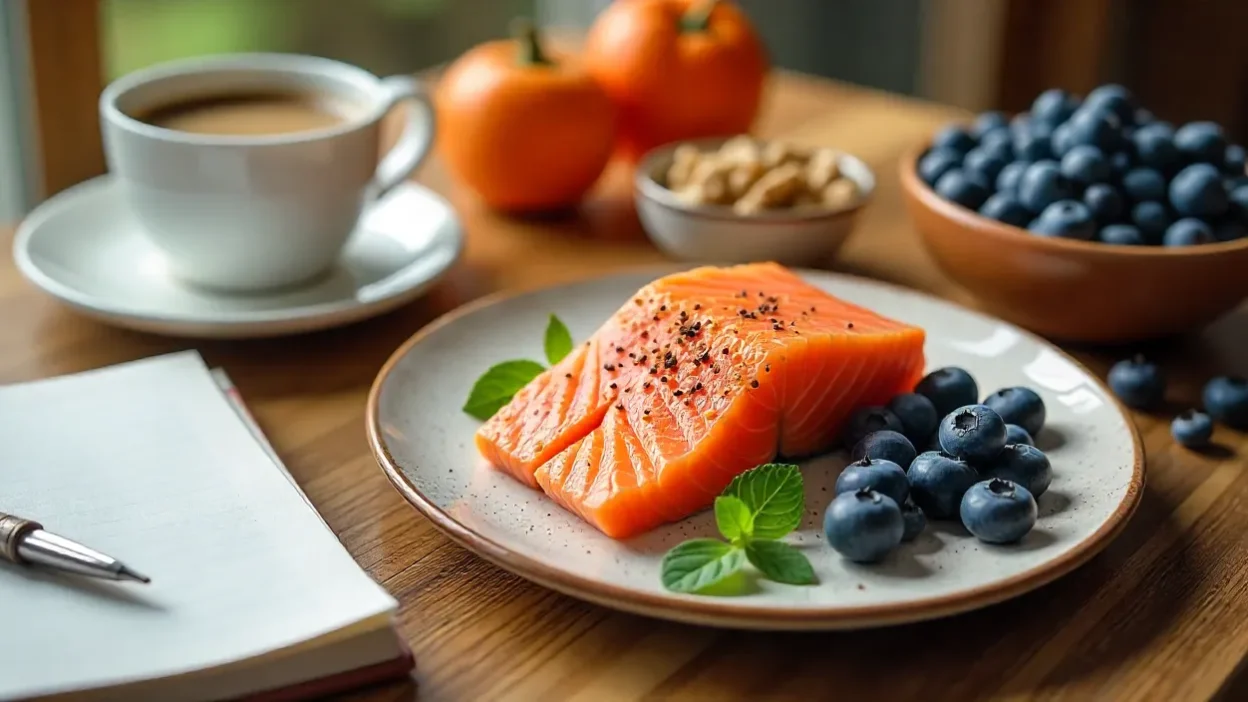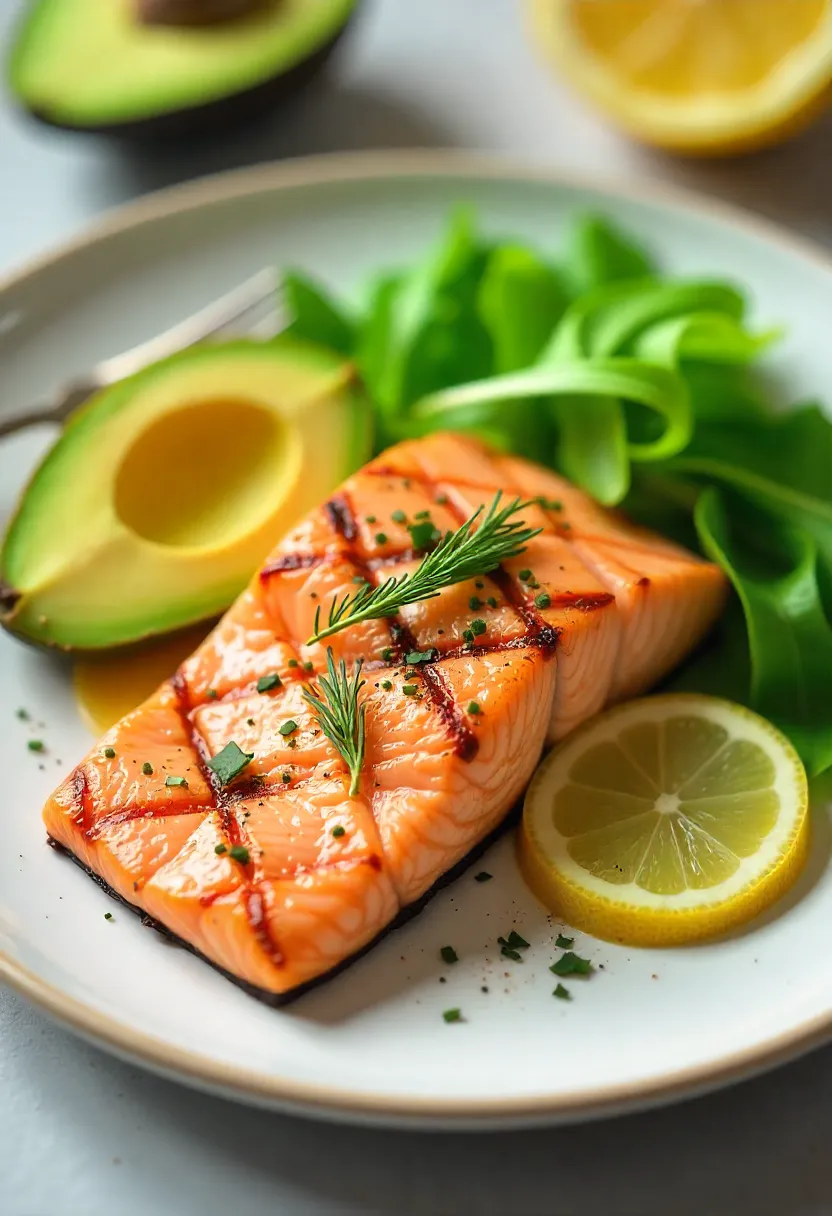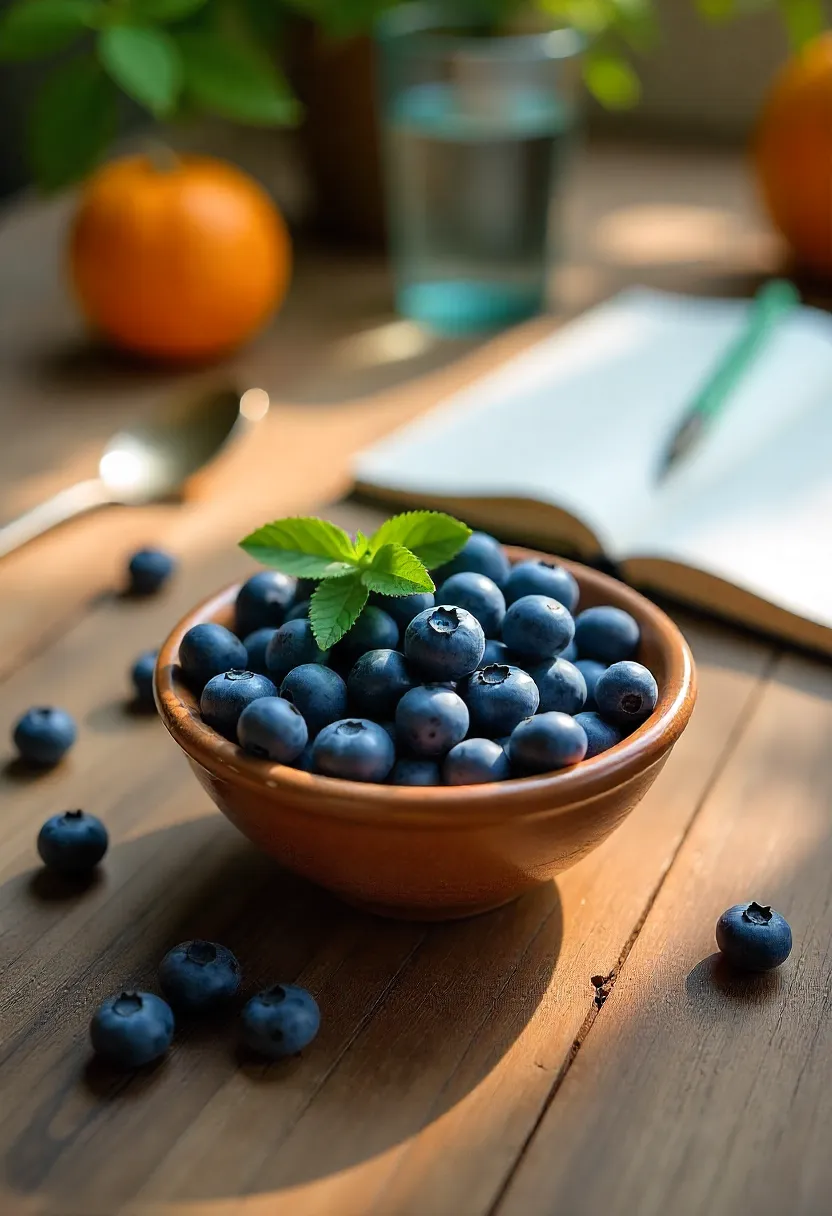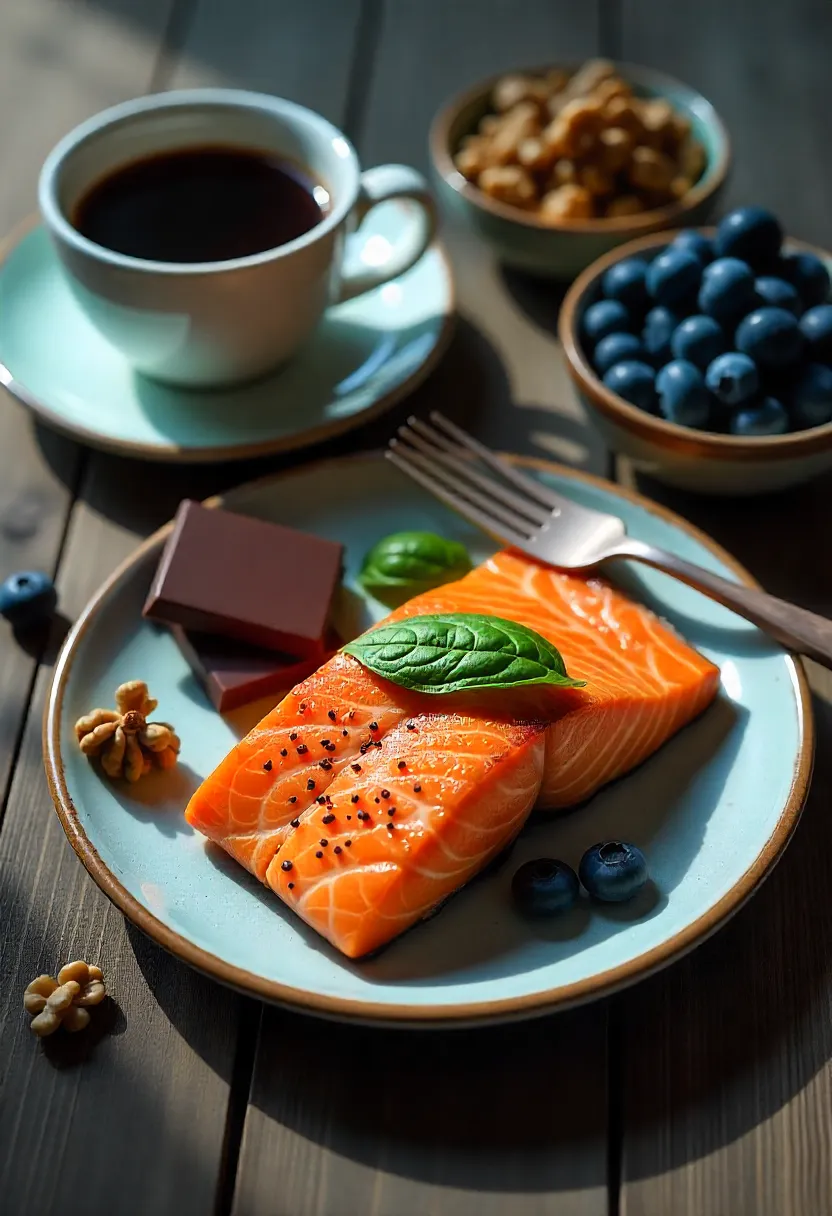Contents
Your brain is the control center of your body — it keeps your memory sharp, your mood balanced, and your focus steady. But just like the rest of your body, it needs the right fuel to function at its best.
Research shows that certain foods contain nutrients that protect brain cells, improve communication between them, and may even lower the risk of age-related decline. Think of them as brain boosters you can add to your daily meals.
In this article, we’ll highlight five powerhouse foods — some you already love (hello, coffee and chocolate), and some you may not eat enough of — that can help support better memory, focus, and long-term brain health.
Coffee for Brain Power ☕🧠
Let’s be honest: most of us don’t need a study to tell us that coffee makes our brains feel more alive. But the exciting part? Science actually backs it up.
Coffee isn’t just a caffeine kick — it’s packed with antioxidants, including a compound called phenylindane, which is formed during roasting and gives coffee that familiar bitter edge. Research suggests that these compounds may have neuroprotective effects, helping to shield brain cells from damage.
In fact, a 2014 review found that lifelong coffee and caffeine consumption was linked with a lower risk of cognitive decline, Alzheimer’s disease, Parkinson’s disease, and dementia. Pretty impressive for your morning ritual.
That said, more doesn’t always mean better. A 2015 study showed that the sweet spot seems to be 1–2 cups per day. People who drank within that range had slower rates of mild cognitive decline over 3.5 years, while those who drank more than 2 cups daily (or drastically changed their intake) saw the benefits fade — or even reverse.
So the takeaway? Enjoy your cup (or two), savor the ritual, and know you’re doing your brain a favor — just don’t overdo it.
Walnuts for Some Crunch 🌰🧠
Nuts have always had a reputation as a smart snack, but walnuts in particular deserve a spotlight when it comes to brain health. They’re rich in phytochemicals, polyunsaturated fats (including omega-3s), and antioxidants — all of which support cognitive function and protect brain cells.
Several studies point to walnuts’ brain-boosting potential:
- A 2012 study found that a Mediterranean diet rich in walnuts was linked to better working memory.
- A 2011 study suggested that nut consumption improves processing speed, memory, cognitive flexibility, and overall brain function.
- Even short-term benefits have been noted: another 2012 study showed that just 8 weeks of regular walnut snacking led to significant improvements in verbal reasoning scores among college students.
The best part? Walnuts are easy to work into your meals. Sprinkle them over oatmeal, toss into salads, blend into smoothies, stir into chili, or even use them as a plant-based substitute for ground meat in burgers.
Your brain (and taste buds) will thank you for the crunch.
Salmon for Those Fatty Acids 🐟🧠
Here’s a fun fact: about 60% of your brain is made of fat — and not just any fat. Omega-3 fatty acids, found abundantly in salmon and other fatty fish, are among the most important nutrients for building and maintaining healthy brain cells.
Research backs this up:
- A 2018 review concluded that omega-3 supplementation may boost brain health and help protect against age-related cognitive decline.
- A 2014 study showed that higher fish consumption was linked to greater gray matter volume in the brain — the region tied to emotions, decision-making, memory, and motor control. In other words, more fish might mean more mental sharpness and resilience.
If salmon isn’t your favorite, you can still reap benefits from other fatty fish like sardines, mackerel, or herring. For plant-based eaters, foods like flaxseeds, chia seeds, and walnuts contain ALA, a plant-based omega-3. While it’s not absorbed and converted as efficiently as the omega-3s in fish, it still provides some brain-friendly support.
So, whether grilled, baked, or tossed into a salad, salmon (and its oily cousins) deserve a spot on your plate if you’re serious about long-term brain health.
Dark Chocolate 🍫🧠
Good news for chocolate lovers: indulging in dark chocolate might actually be giving your brain a boost. And while we can’t promise a Nobel Prize, there’s a fun correlation — a 2012 study found that countries with the highest chocolate consumption also had the most Nobel Prize winners. Coincidence? Maybe. Delicious? Definitely.
The real reason dark chocolate shines lies in its flavanols — plant compounds with powerful antioxidant and anti-inflammatory effects. These compounds help improve blood flow to the brain, reduce oxidative stress, and may support better cognitive performance.
In fact, a 2018 study showed that healthy participants who ate just under 2 ounces of 70% cacao dark chocolate experienced increased brain activity related to memory and cognition. The findings suggest that dark chocolate may even enhance neuroplasticity — your brain’s ability to form new connections and adapt over time.
Of course, not all chocolate is created equal. For brain benefits, stick with high-quality dark chocolate (at least 70% cacao) and enjoy it as is — without extra sugar or cream that cancels out its perks.
So yes, science says that piece of dark chocolate might actually be a smart choice.
Blueberries on Everything 🫐🧠
Blueberries might look small, but when it comes to brain health, they pack a serious punch. These little gems are loaded with anthocyanins and flavonoids — plant compounds with strong antioxidant and anti-inflammatory properties. Research suggests they may play a role in supporting memory and protecting the brain from age-related decline.
A 2014 review highlighted the link between berry consumption and better memory function, while a 2019 long-term study that followed men for 20 years found that diets rich in fruit (especially berries) were associated with a lower risk of cognitive decline later in life.
The best part? Blueberries are versatile. Sprinkle them over oatmeal, blend them into smoothies, fold them into muffins, or just snack on them fresh. And if they’re out of season, don’t stress — frozen blueberries retain most of their nutrients. Plus, other deeply hued fruits like blackberries, raspberries, and cherries carry similar brain-friendly benefits.
So go ahead, toss blueberries on just about everything — your brain will thank you.
The Takeaway 🧠✨
Your brain is your most valuable asset, and what you eat has a huge impact on how well it works — both today and decades from now. From the caffeine and antioxidants in coffee, to the omega-3s in salmon, the flavanols in dark chocolate, the polyphenols in walnuts, and the anthocyanins in blueberries, these foods are proven allies for better memory, sharper focus, and long-term brain health.
The good news? Adding them to your routine is easy — a handful of walnuts with breakfast, a cup of coffee in the morning, salmon once or twice a week, blueberries sprinkled on oats, and yes, even a square of dark chocolate after dinner.
Small, intentional choices can add up to a brain-boosting diet that not only fuels your body but also keeps your mind sharp, resilient, and ready for whatever comes next.










